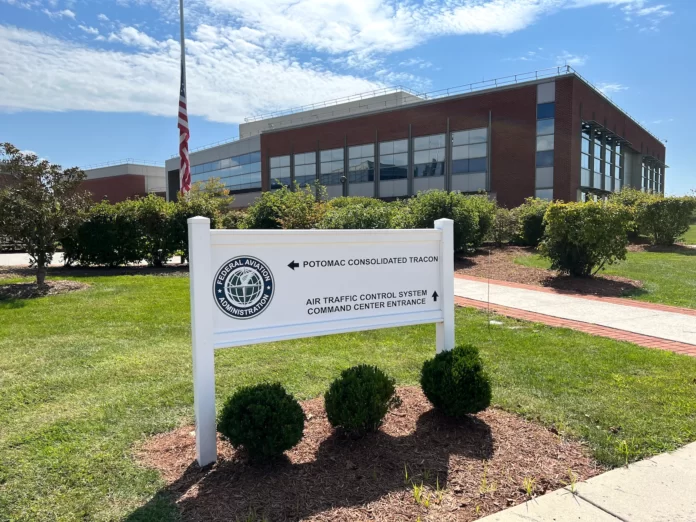The Federal Aviation Administration (FAA) is continuing a series of high-level meetings with airlines in an effort to temporarily reduce flight volumes at Newark Liberty International Airport, as the facility grapples with persistent delays, equipment outages, and staffing shortages.
A third day of discussions is scheduled for Friday, following four intensive rounds of individual meetings with air carriers on Thursday. The FAA is seeking airline cooperation to cut or reschedule flights during peak travel times, aiming to ease congestion and improve operational reliability at the New Jersey airport.
“The airport clearly is unable to handle the current level of scheduled operations,” the FAA said in a notice circulated ahead of the talks. The agency stressed that reducing flight schedules would help bring delays and cancellations down to more manageable levels.
The delays have been exacerbated by ongoing runway construction, which has forced the cancellation of dozens of flights each day and disrupted hundreds more. The FAA is also expected to include major cargo operators and Canadian airlines in the ongoing discussions, which may lead to additional cuts or adjustments to flights during high-traffic periods.
Transportation Secretary Sean Duffy described the FAA’s “Delay Reduction Meeting” as the first of its kind in over two decades, emphasizing the need to restore reliability for travelers. “Families shouldn’t be going to Newark and waiting five hours for a flight that then gets canceled,” he said.
United Airlines, which operates a hub at Newark, has already implemented significant flight cuts and is urging the FAA to introduce further limits on scheduling to combat ongoing delays. The airline announced this week it would temporarily cut additional flights as part of its strategy to ease congestion.
The challenges at Newark come amid broader staffing shortfalls across the national air traffic control system. The FAA is currently about 3,500 air traffic controllers below its target staffing levels.
Some Newark-area controllers have taken stress leave following a serious equipment outage in late April. Last year, the FAA reassigned oversight of Newark’s airspace to Philadelphia in an effort to manage the region’s heavy traffic more efficiently.
The outcome of the current negotiations could set a precedent for how the FAA manages congestion at other busy U.S. airports experiencing operational strain.




